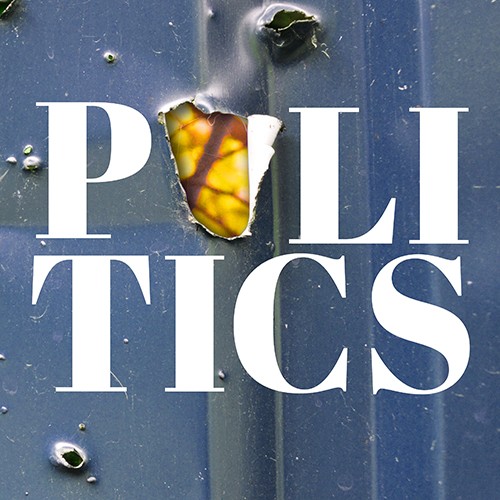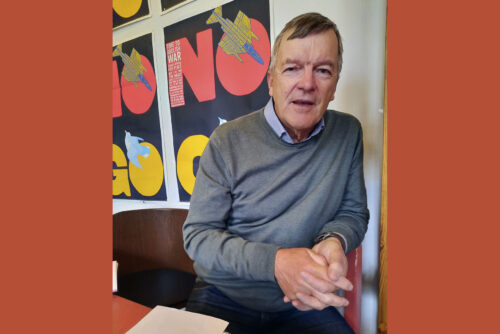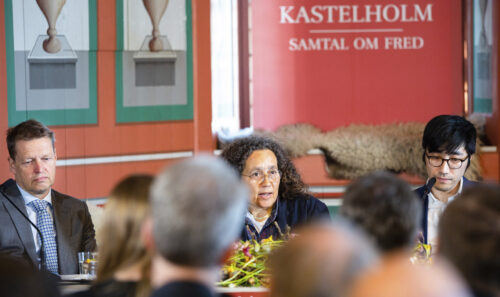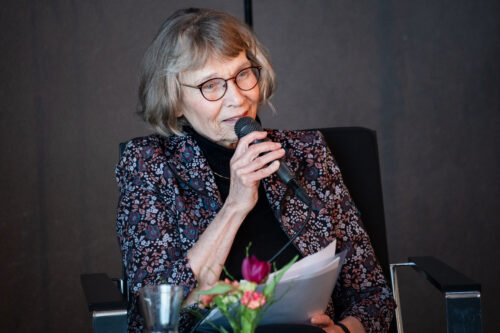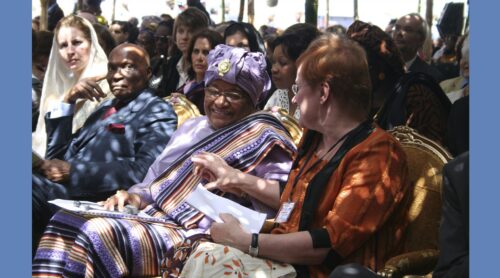On June 15th , the Quincy Institute for Responsible Statecraft held the first webinar, “Ending the Conflict in Ukraine: A Negotiated Solution”. This program paper was published on the Quincy Institute website on June 14th.
In the preface to the paper it is said, ”The unresolved conflict between Russia and Ukraine in the Donbas region represents by far the greatest danger of a new war in Europe — and by far the greatest risk of a new crisis in relations between the United States and Russia. The Biden administration does not wish to escalate tensions with Russia, and no doubt appreciates that admitting Ukraine into NATO is impossible for the foreseeable future, if only because Germany and France would veto it. Nonetheless, so long as the dispute remains unresolved, the United States will be hostage to developments on the ground that could drag it into a new and perilous crisis”.
The author of the paper, Anatol Lieven, opening the discussion on the core of the program paper, stated, “The conflict in Donbass is the only ongoing conflict in Europe. It is semi-frozen but it is subjected to sporadic episodes of violence. There is also a permanent risk of another major explosion. Not only between Ukrainian forces and separatist forces but also Russian volunteer forces in Donbass and the Russian army because Russia has made it repeatedly clear that if there is an attempt by Ukraine to take the region by force, Russia will fight”.
Lieven described the Donbass crisis as an extremely destabilizing factor on the international scene. He characterized the NATO aspirations of Ukraine as well as expectations of more military aid as “both dangerous and futile”. He gave three reasons for such a stance, “Firstly, if in fact there is a major war between Ukraine and Russia, Ukraine will lose. Secondly, if there is such a war, the USA and the NATO will not fight. We didn’t fight for Georgia in 2008.We didn’t fight for Ukraine in 2014. And neither in the USA nor in Europe is there a democratic will to develop such an appallingly dangerous conflict with, of course, the risk of a nuclear war between two nuclear super powers. In other words, if there is a war, Ukraine will lose and we will not help. The third point is that Ukraine will not be a member of the NATO as long as the Donbass conflict lasts. And also due to the Crimean dispute… It would be vetoed by European US allies who whatever their rhetoric may sometimes suggest, have no intention whatsoever to fight with Russia”.
Lieven is confident that “to move the relations with Ukraine, to stabilize Ukraine, to stabilize US-Russia relations, the Donbass conflict must be solved. There is a perfectly reasonable basis for such a solution, which is the Minsk-2 declarations set up in early 2015. Lieven stressed that the Minsk-2 was signed by Ukraine, Russia, France and Germany and also endorsed by the Obama administation and the UN. It provides for a fully autonomous Donbass but within Ukraine and under Ukrainian sovereignty with Ukrainian control over borders but with special facilities for links between Donbass and the neighbouring provinces of Russia, “with which the population of Donbass has ancient and very close family and other relations”, Lieven said.
Therefore, Lieven noted, “It must be said that the solution through regional autonomy with linguistic and cultural rights and some economic autonomy as well as demilitarization is completely in tune with the approach the USA and the West have taken and would take towards separatist and ethnic conflicts elsewhere in the world. There is nothing special about it in international or historical terms. Since then, however, the Ukrainian governments, though they signed up to this, have, in fact, been the main factor in blocking the implementation. They have done so existentially by demanding that full Ukrainian control over Donbass should be restored before the autonomy is handed over and guaranteed… The Ukrainian governments and their parliaments have refused to make the constitutional amendments of autonomy permanent. They are purely provisional and temporary”.
Lieven concluded that, in his view, “it should be recognized this basically demands that the separatists republics and Russia surrender their entire position in advance with no guarantee that Ukraine will in fact in the long run guarantee anything in terms of autonomy. This is not the approach that would be rationally endorsed by the West in any other circumstances…”
In Lieven’s view, Ukraine’s tough resistance to the idea of granting autonomy to Donbass is largely due to two concerns: the autonomous Donbass would be a blocking factor for getting NATO membership and also an obstacle to the major plan of Ukraine’s “ukrainization”.
Emma Ashford, senior fellow at the Atlantic Council, who also participated in the discussion, said answering the question whether she truly anticipated that US and NATO would really go to war over this disputed territory, “No, Anatol Lieven proved it pretty clearly in his paper that if US and NATO were willing to defend Ukraine, we would have done it in 2014…”
Ashford also spoke highly of the significance of the paper developed by Lieven as “Ukraine has a tendency of sliding into a frozen conflict hidden in oblivion. Frozen conflicts create an illusion that they make the situation safer… But the situation in Nagorny Karabakh last year proves that they can easily flare into wars again”.
Ashford stated that she would like to see the Biden administration adopt some of Lieven’s recommendations and go forward with them.

